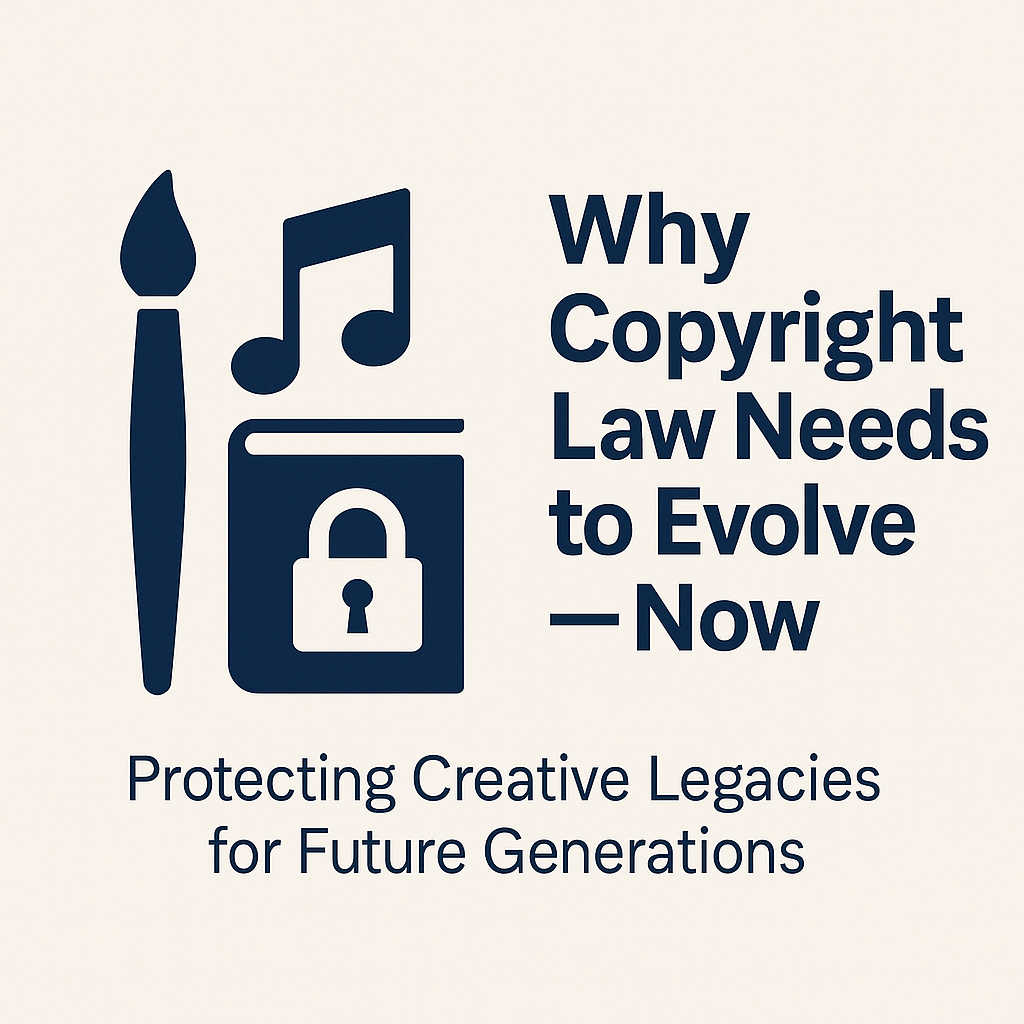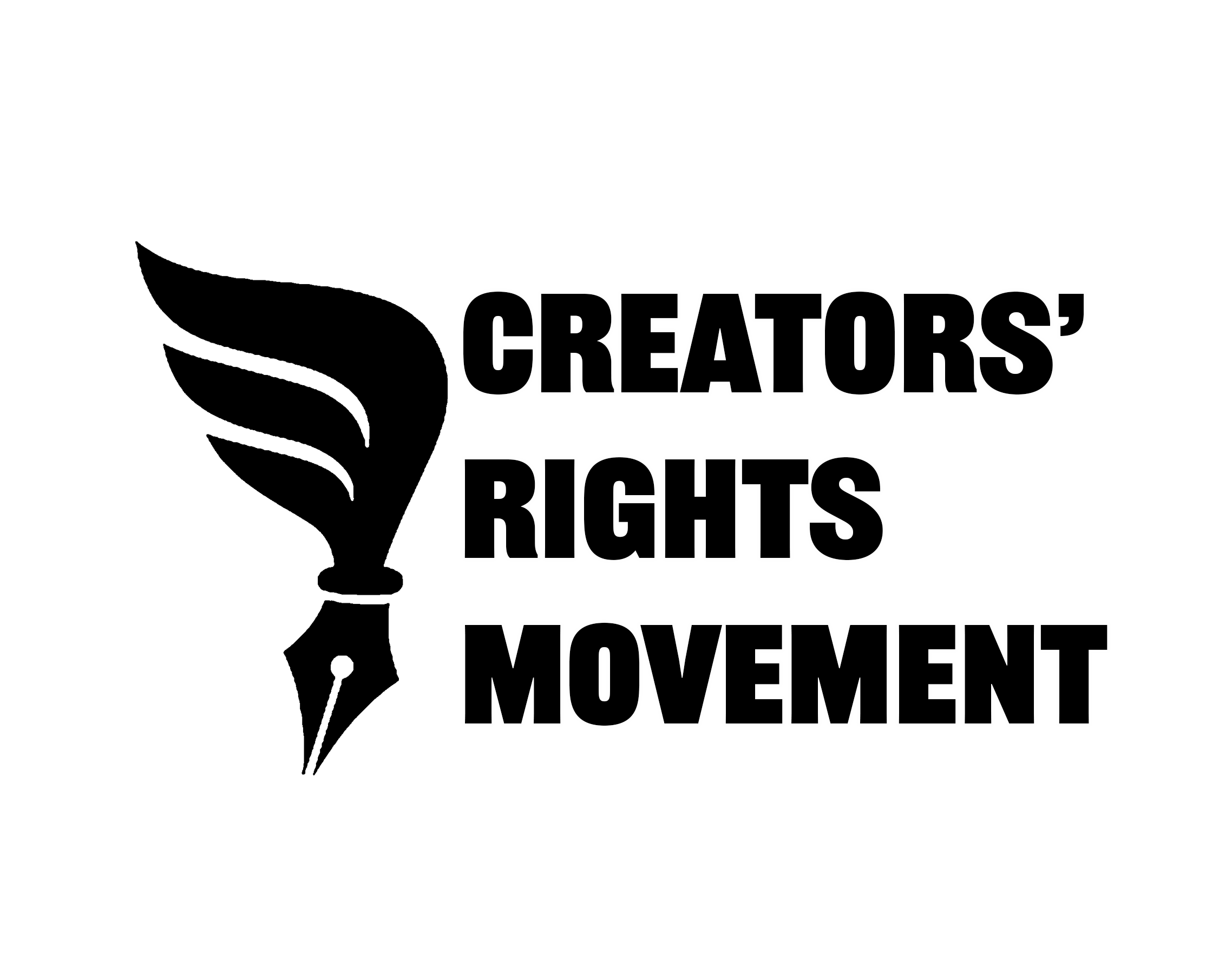
Understanding What’s at Stake for Creators Everywhere
Copyright law was originally created to protect creators—but in today’s world, it often does the opposite. Many people don’t realize that under current U.S. law, creative works like songs, books, paintings, and even digital content can eventually be taken out of the hands of the artist and placed into the public domain. That may sound fair at first glance but let’s break down why it isn’t.
What Is Copyright, Really?
Copyright is a legal right that gives creators control over how their work is used, shared, and profited from. But here’s the problem: after a certain number of years (often 70 years after the creator’s death), that protection expires even if the creator’s family still depends on it for income or legacy.
Imagine if a family home had to be handed over to the public just because the original owner passed away. That wouldn’t make sense. So why should it happen with creative property?
Who Benefits When Copyright Expires?
Big corporations. Not families. When copyrights expire, major companies can legally reprint, remake, or resell creative work without paying a dime to the original creator’s estate. This creates an economic imbalance and strips artists and their children of their rightful income and recognition.
Why This Movement Matters
The Creators Rights Movement is working to fix this. We believe creators should have the same generational ownership rights as any other kind of property owner. We’re here to educate, unite, and fight for real change so that future generations of creators won’t be left behind.
Stay informed. Stay inspired. Stand with us.
Sign our petition. Share this post. Be part of the movement.

0 Comments